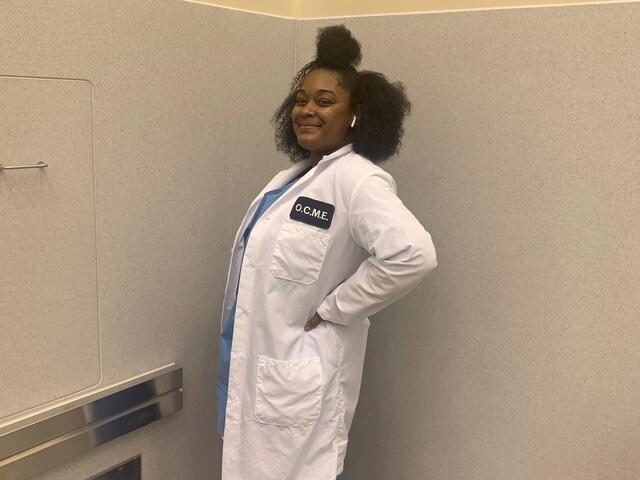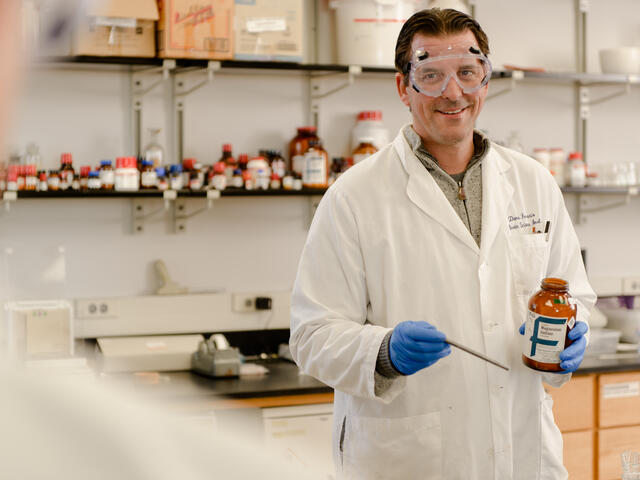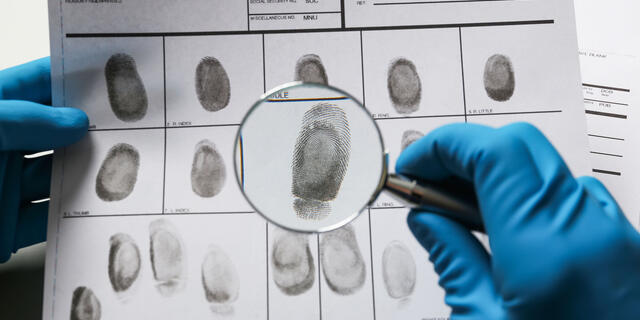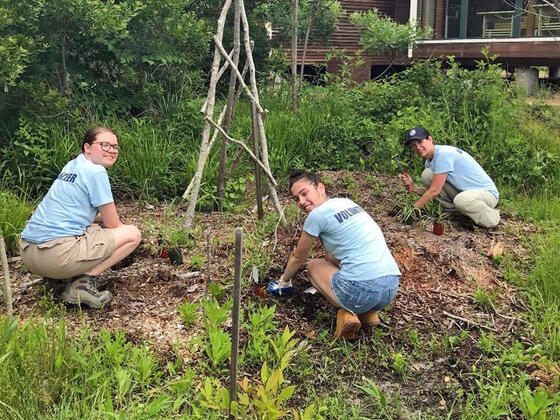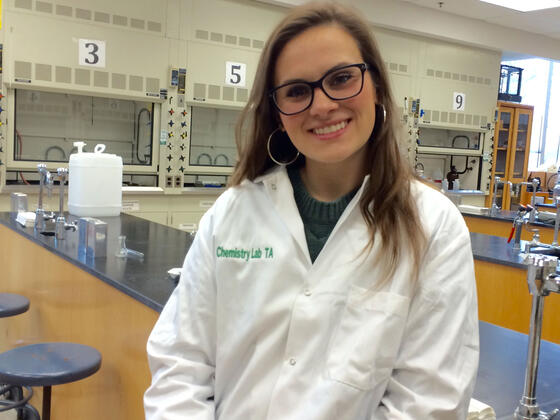Forensic Science
When a crime is committed, forensic scientists help solve the mysteries inside the mystery. They identify and analyze evidence of all types — from blood stains to financial statements — and help ensure its admissibility into court.
Mortarboard
Degree Types
Minor
Institution
Complementary Programs
Heart
Distinctive Requirements
Lab Courses
Document
Professional Preparation
The McDaniel Commitment in Action
